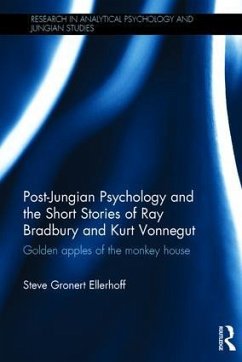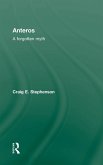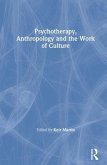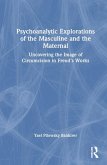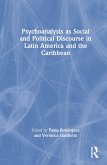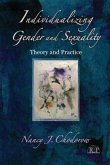In this book, Steve Gronert Ellerhoff explores short stories by Ray Bradbury and Kurt Vonnegut, written between 1943 and 1968, with a post-Jungian approach. Drawing upon archetypal theories of myth from Joseph Campbell, James Hillman and their forbearer C. G. Jung, Ellerhoff demonstrates how short fiction follows archetypal patterns that can illuminate our understanding of the authors, their times, and their culture. In practice, a post-Jungian 'mythodology' is shown to yield great insights for the literary criticism of short fiction.
Hinweis: Dieser Artikel kann nur an eine deutsche Lieferadresse ausgeliefert werden.
Hinweis: Dieser Artikel kann nur an eine deutsche Lieferadresse ausgeliefert werden.
"Ellerhoff's fascinating post-Jungian analysis of these stories not only situates these texts within the broader theoretical framework of archetypal psychology, but he also carefully contextualises them within the unique historical moment of post-war America."
- Miranda Corcoran, Journal of the Irish Association for American Studies
- Miranda Corcoran, Journal of the Irish Association for American Studies

